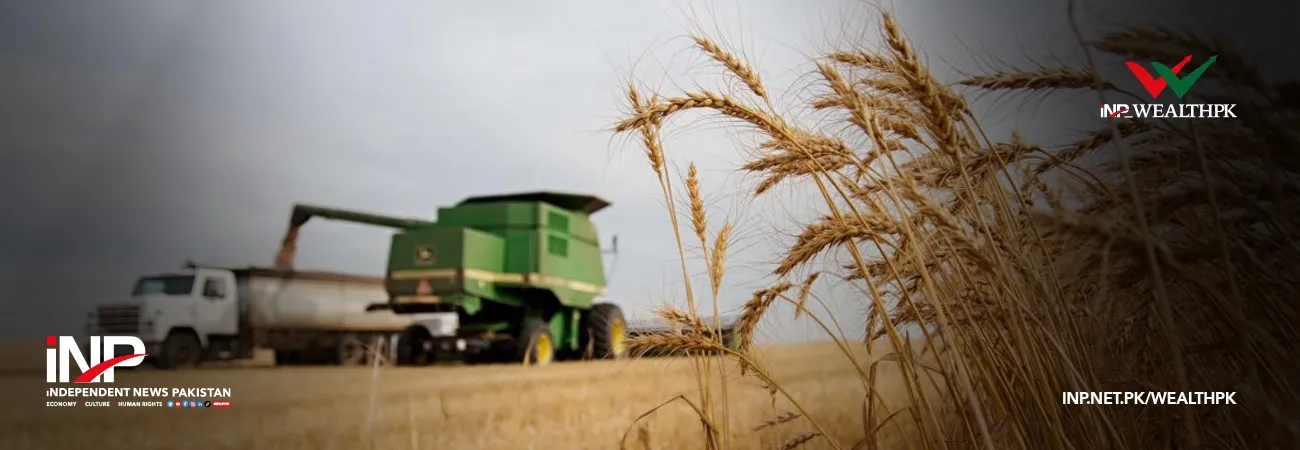INP-WealthPk
Raza Khan
Pakistan food imports are increasing due to crisis in the agriculture sector, said a report of the Food and Agriculture Organisation (FAO) of the United Nations. “Pakistan has been facing a severe crisis in the agriculture sector, known as the 5Fs crisis, which includes food, fuel, fertiliser, feed, and finance,” the FAO said.
According to the report, food prices in Pakistan rapidly increased during the second half of 2022 due to continuous crisis in the agricultural sector and losses to crops because of floods. “Wheat flour prices increased by 106.7%, chicken prices by 43.1%, pulse gram prices by 48.4%, rice by 87.9%, milk by 36.4% and cooking oil by 34.7% in April 2023 compared to a year ago,” the report said.
It said the weakening of the exchange rate, global commodity price surges, reduced domestic subsidies, and flood-related disruptions have reduced the purchasing power of low-income households. According to the report, inflation increased from 13.4% in April 2022 to 36.4% in April 2023, with food inflation even higher, reaching 46.8% in urban and 52.2% in rural areas. The FAO said Pakistan’s reliance on imported commodities, such as edible oil, tea, pulses, wheat, and other agricultural inputs, has increased due to low domestic production.
“High fuel prices have led to higher production and transportation costs, making food more expensive in the country. High cost of fertiliser has made it difficult for farmers to afford essential inputs,” it added. The rise in international prices of commodities has exacerbated the trade deficit, the report said, adding that food imports increased to $8 billion, with exports remaining at $5.4 billion in 2022. “The current financial crisis in the country has made it challenging to import essential food commodities and inputs,” the report added.
According to the FAO, Pakistan is importing around 10% of its wheat requirement mainly from Russia and Ukraine, which has contributed to an increase in domestic prices and high support prices for wheat for the 2022-23 seasons. It said that the poultry industry in Pakistan was also facing a crisis due to high import costs and restrictions on the import of soybean. International prices of agriculture-related commodities started to decrease in the third quarter of 2022, the FAO said, adding that Pakistan’s currency depreciation and high fuel prices prevented the real impact in domestic markets.
“Resolving the 5Fs crisis requires not only the stabilisation of international prices, but also the implementation of supportive policies and measures,” the report said. According to the Pakistan Bureau of Statistics (PBS), the country’s food imports were recorded at $8.38 billion during the first 11 months (July-May) of the fiscal year 2022-23, while exports remained at $4.66 billion. According to the Economic Survey of Pakistan 2022-23, per capita availability of cereals has declined in the country during 2022-23 compared to previous years, whereas the availability of pulses, meat, milk and eggs has increased.
“Minor changes have been observed in the availability of edible oils/ghee, fruits and vegetables, fish and sugar,” it said. Moreover, the availability of calories per capita per day decreased compared to prior years, but remained above the minimum calorie requirement of the general population.
Credit: INP-WealthPk




